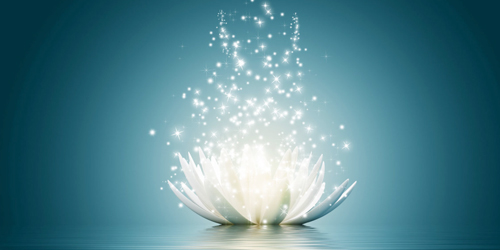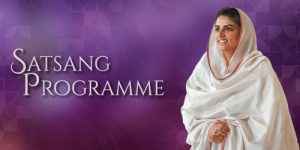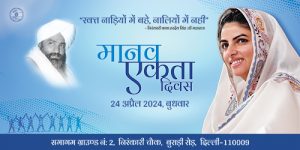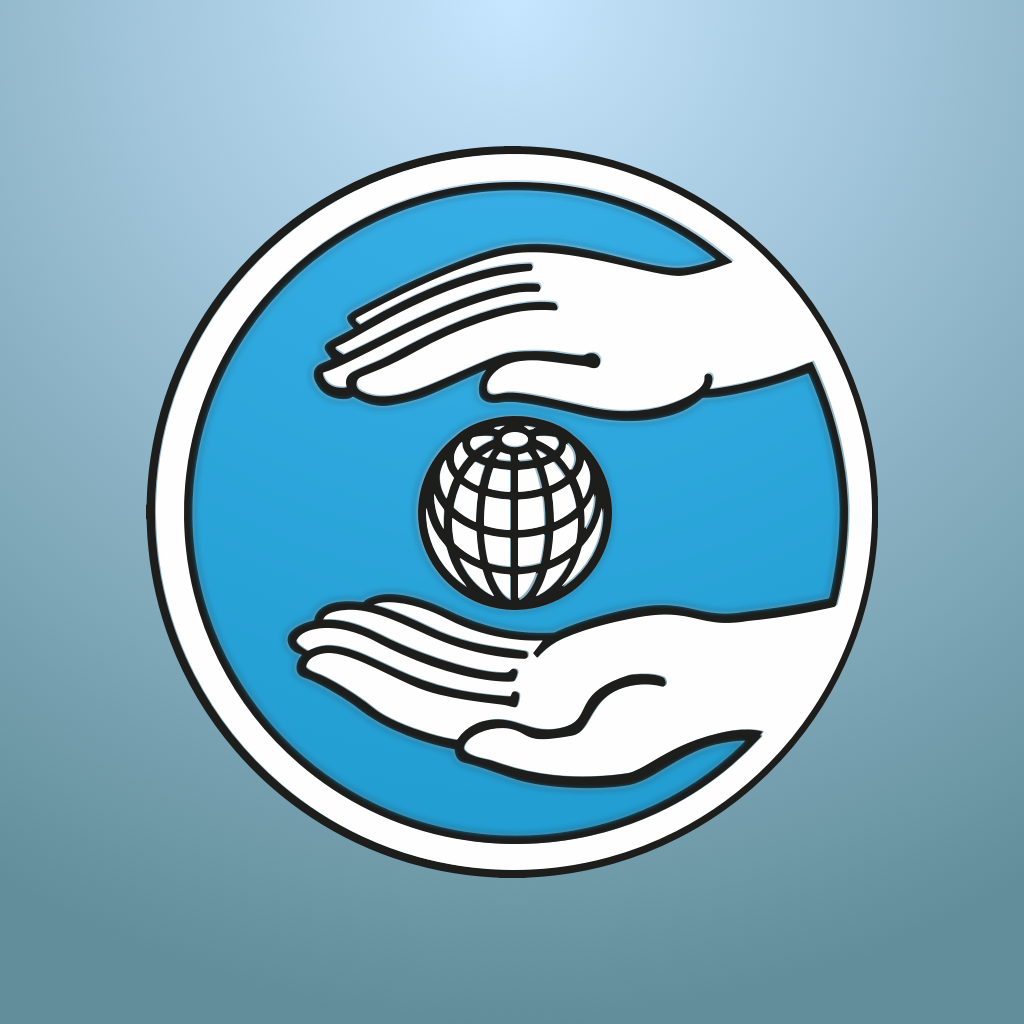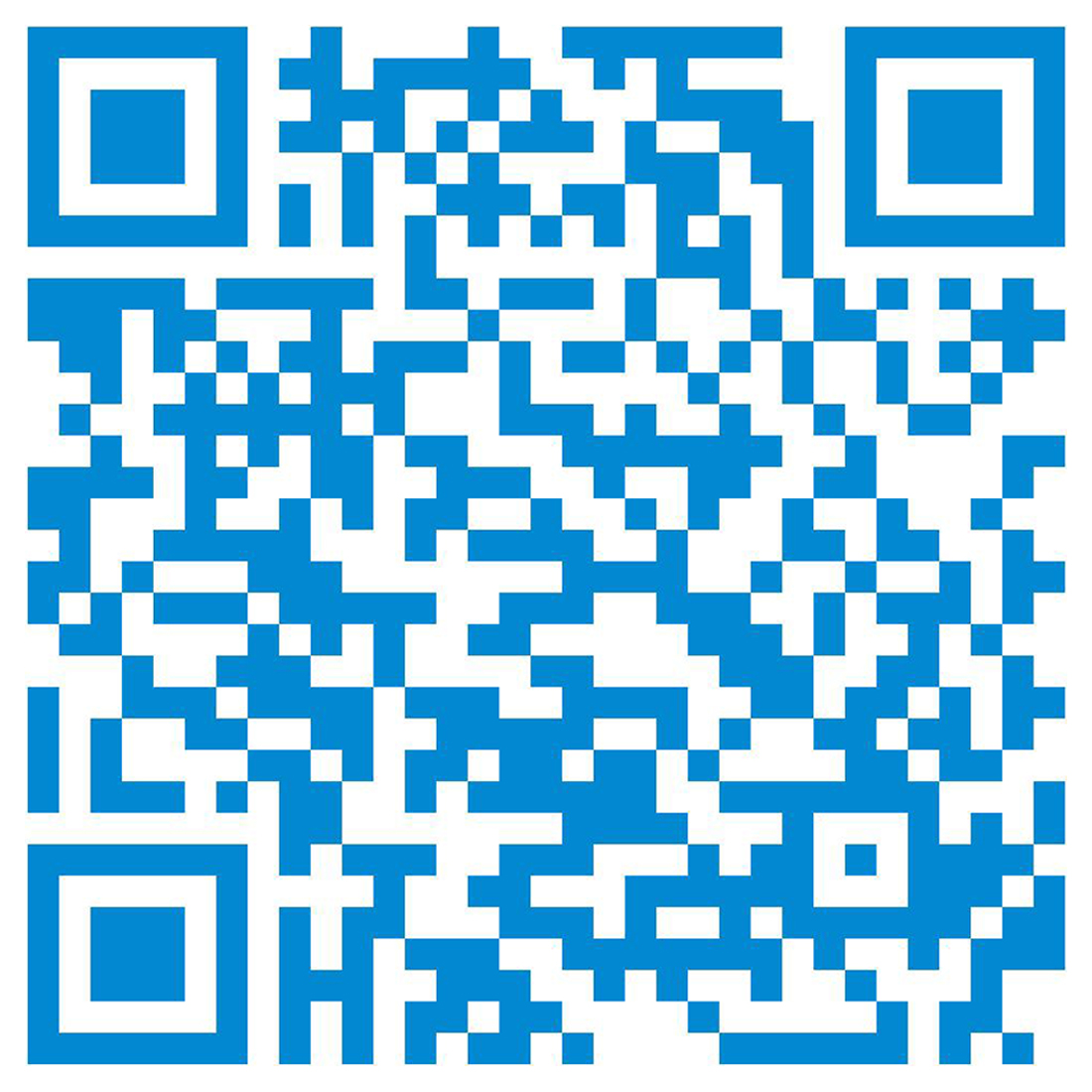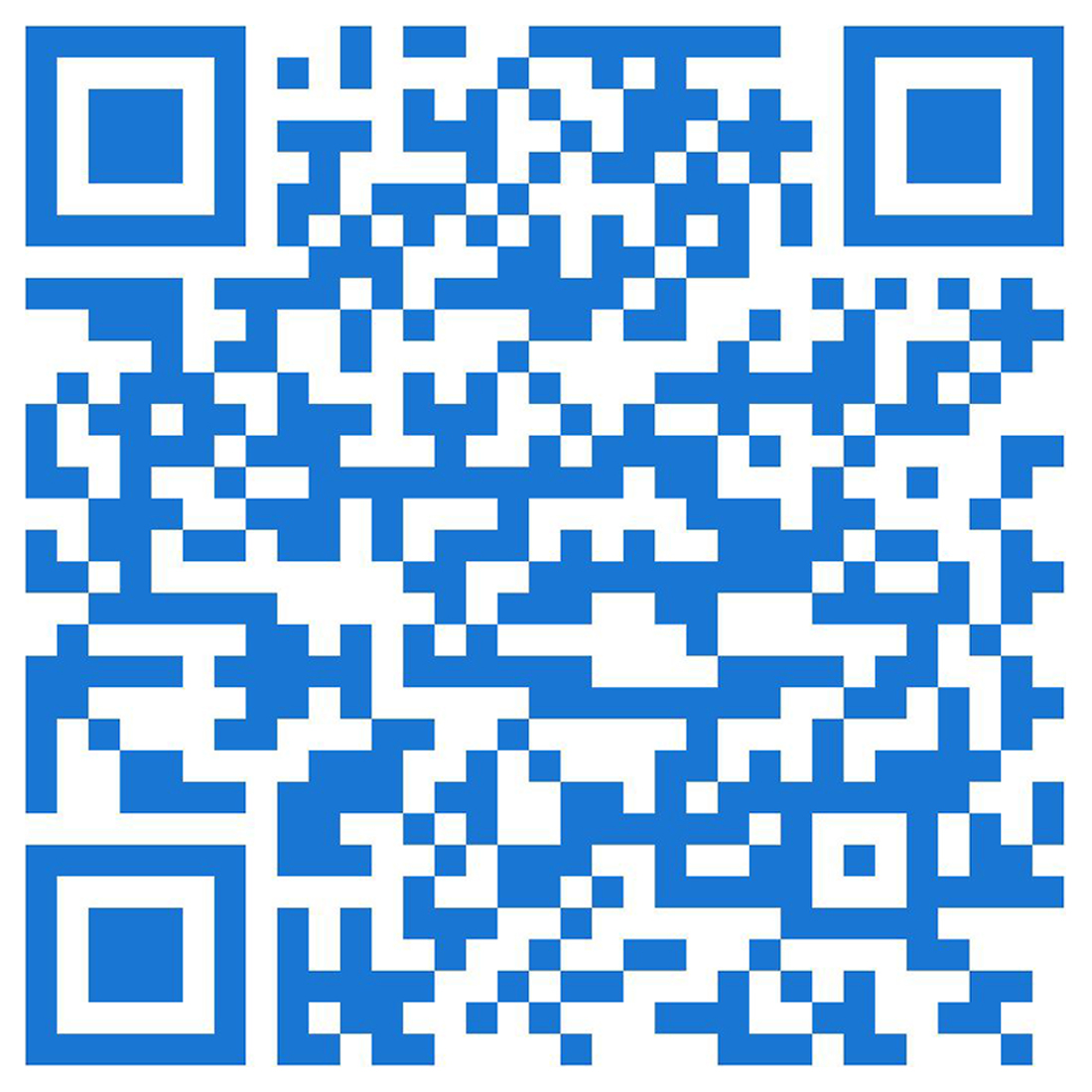We perceive the world through the big five senses: sight, sound, touch, taste and smell. Through complex feedback loops, these five senses allow us to make sense of the world. As we go through life, our interactions, successes and failures form a story line which becomes our identity. But how true is this perception of ours? Is this our real identity?
Last year, I graduated medical school and entered my training in Internal Medicine. The first couple of days, while making rounds on the wards, I found myself struggling with how I would introduce myself to the patients. Would it be, Hi, I’m Akanksha, the 4th year medical student, or perhaps, I’m Dr Mehla; I will be taking care of you today. As I entered a new role, I found myself stumbling over not just my words, but also my sense of identity. My story had evolved.
Our lives are in a constant state of flux, and as such, so are our identities. As we enter new relationships, job titles, or pursue further education, how we identify ourselves constantly evolves. In the words of the French Philosopher Henri Bergson,
there is no state of mind, however simple,
which does not change every moment.
With so many identifiers, therefore, what is our true identity? Is there something unchanging, a constant that I can use as a centring force in my life, in the midst of change?
I have learned it is very easy to be judgmental of others. That judgement may stem from boredom, jealously, insecurities or all of the above. At times we can also be overly judgmental of ourselves, undermining our own accomplishments and being overly critical of our appearances. In doing so, we often impede our ability to be our authentic self.
Lao Tzu says:
When I let go of what I am, I become what I might be
He speaks about the importance of unlearning what we think we are. We are to let go of the stories we tell ourselves. Rather than the false sense of self we identity ourselves with, we should tune into a higher reality.
We spend too much time worrying about who we ought to be, instead of taking a long hard look at who we already are, within. The Mandukya Upanishad explains,
Ayam Atma Brahma
The Self is God
How liberating it is to know that all that I seek, I already am. My anxieties or worries are the product of external influences, which disappear when I am centred within this all-pervading entity.
These concepts are not new. I have grown up listening to the importance of being centred in Nirankar, to attain peace and equipoise. In addition, phrases like connect to your higher self or what you seek is seeking you lie rampant on the internet. Yet at times, I struggle to remain connected. I think of bliss as an abstract, unattainable concept.
Satguru Mataji, in her discourses, has emphasized that receiving the Knowledge of God is only the beginning of the journey. While our external identities are always changing, our inner self – Nirankar, the higher Self, God, the Tao – acts as our constant, as we work to grow ever closer to it. Our journeys start by embracing the Knowledge of God. As we continue on, we evolve by peeling back the layers of biases, opening our hearts to one another, stepping away from our fears and becoming more in tune with our common humanity. Instead of living in a world of me and you, we transition to living in a state of unity with our surroundings.
So the journey to uncovering our true identity becomes an active process. It is not one limited to drinking golden milk lattes and yoga studios. By meditating on thoughts shared in Satsang, and actively working to integrate those teachings in our lives, we are better able to experience and sustain a long-lasting connection with Nirankar. After all, as the scriptures tell us, if we take one step towards God, he will take 10 steps toward us.
– Dr Akanksha Mehla, Detroit, USA

